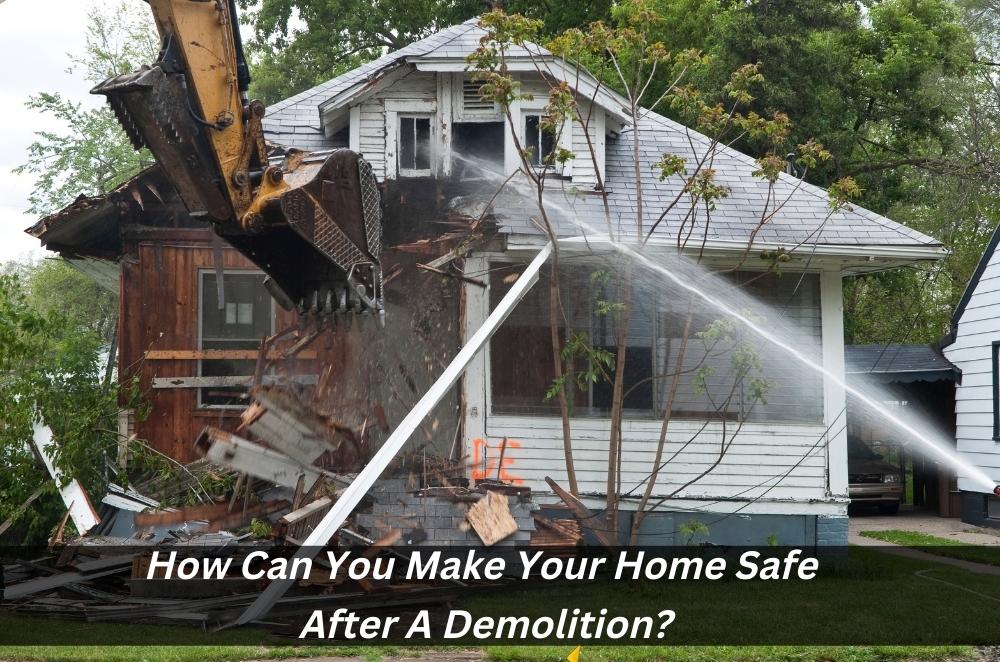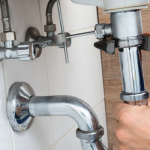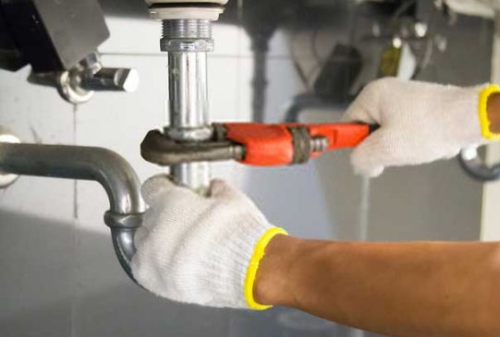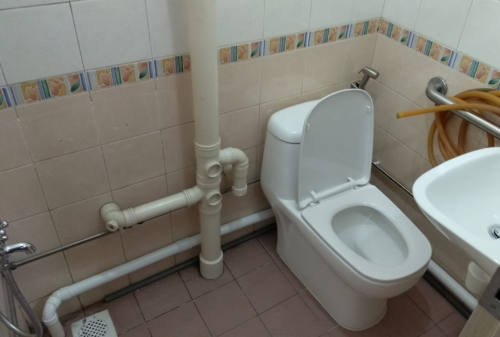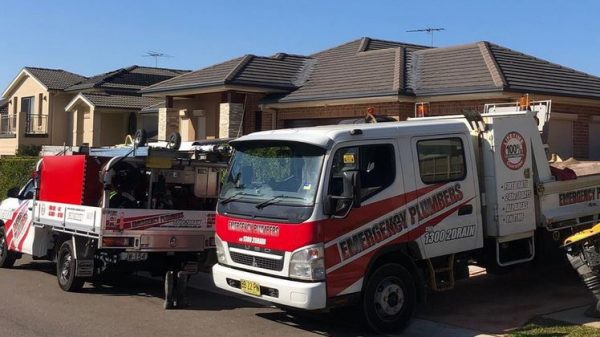A question like how can you make your home safe after a demolition is very common. While some homes may leave behind asbestos, other hazards include lead paint, mould, radon gas, and even insects. If you don’t know how to handle these potential problems, you could face big fines and legal action later.
Searching for residential demolition Newcastle and the Hunter Valley Wide? Are you looking forward to renovating your home or building a new one soon? Before you start, you should consider what safety issues you might encounter after house demolition.
Demolishing old buildings can create a number of potentially risky situations for homeowners. For example, mould and pests such as cockroaches and rodents may remain hidden inside walls and floors long after the dust has settled.
Hazardous Materials
Meanwhile, radon gas from underground sources may seep into buildings and cause cancer. Some houses may contain hazardous materials like asbestos, lead, and mould; however, others may not be safe for living in. You need to learn how to deal with these issues if you want to live safely. Asbestos removal specialists are trained professionals to handle it. They can also provide information about the dangers associated with asbestos-containing materials.
If there is any chance that you will be using any of those chemicals yourself, it’s essential to get proper training before starting work. Hiring a demolition expert, with years of experience in earth moved projects and who knows how to handle it properly is recommended.
This includes not only knowing your way around a job site but also being able to identify dangerous substances like asbestos and lead paint.
It’s not uncommon for demolition sites to be cleaned up by multiple parties. In this case, each person working on the project needs to be fully insured to protect themselves against liability claims.
This means that all workers involved need to have public liability protection, which covers them if someone gets injured while they’re at work.
Before hiring demolition contracting in Newcastle, Lake Macquarie Port Stephens and other nearby cities, check online reviews and ask friends for recommendations. It will help you learn more about the services provided by specific companies.
10 Tips on how to avoid further damage after a home is demolished
- Remove all debris before moving in.
- Call an emergency plumber to drain water pipes, repair leaking roofs, and remove damaged drywall.
- Turn off utilities (electricity, phone lines, cable) when demolishing a house.
- Ensure chimneys are cleared of soot before reusing or rebuilding the property.
- Dispose of any toxic waste material such as oil drums or tyres as directed by local authorities.
- Avoid disturbing buried objects that could damage foundations or lead to injuries.
- Look for signs of mould growth and hire a professional exterminator to treat the problem appropriately.
- Consult a licensed building inspector before beginning work to ensure safety codes aren’t violated.
- Contact a qualified electrical contractor to restore power to appliances and fixtures.
- If possible, contact the owner of the home before starting the demolition projects.
Once the site is empty of hazards, you’ll want to do a thorough inspection to ensure everything is safe to use again. When looking for potential problems, pay particular attention to areas where structural steel or concrete blocks are present. These are common points of failure for buildings.
A good idea would be to set up a plan for what happens next after a home has been demolished. For example, you may decide to leave holes open in the walls to allow air to circulate freely throughout the space.
But you should always take extra precautions before removing interior doors and windows since these can pose health risks if they fail to meet current standards.
Also, consider what kind of permit you need to perform the work with your demolition contractors. Some cities require permits for certain types of demolition work, including tearing down old homes, factories, and other structures.
Check Contractor’s History
When choosing a domestic demolition firm, look into the contractor’s history and references. It would be better if they work from small jobs to large industrial contracts. Look if it has built a solid reputation for earthmoving demolition.
Ask for details, since most businesses don’t share information with their competitors. Make sure to ask questions like how long the company has been operating.
Make sure to thoroughly research the company and find out if it meets the state laws regarding licensing and insurance requirements. Also, ask your neighbours, family members, and friends for referrals.
You’ll also have to make sure you comply with all the applicable city rules about hiring workers who will work on your property. Check with local regulations for more info.
Some family owned company is only allowed to operate within one jurisdiction. While others may be able to move around depending on the job at hand. This means you’ll probably have to get multiple estimates from different demolition firms.
If you’ve found a demolition Newcastle Wide that seems reliable, then you can start making plans for how you want to use the space. To help you figure things out, it’s best to think ahead and prepare for unexpected situations.
Make sure you know exactly what you want for your new living room or bedroom.


